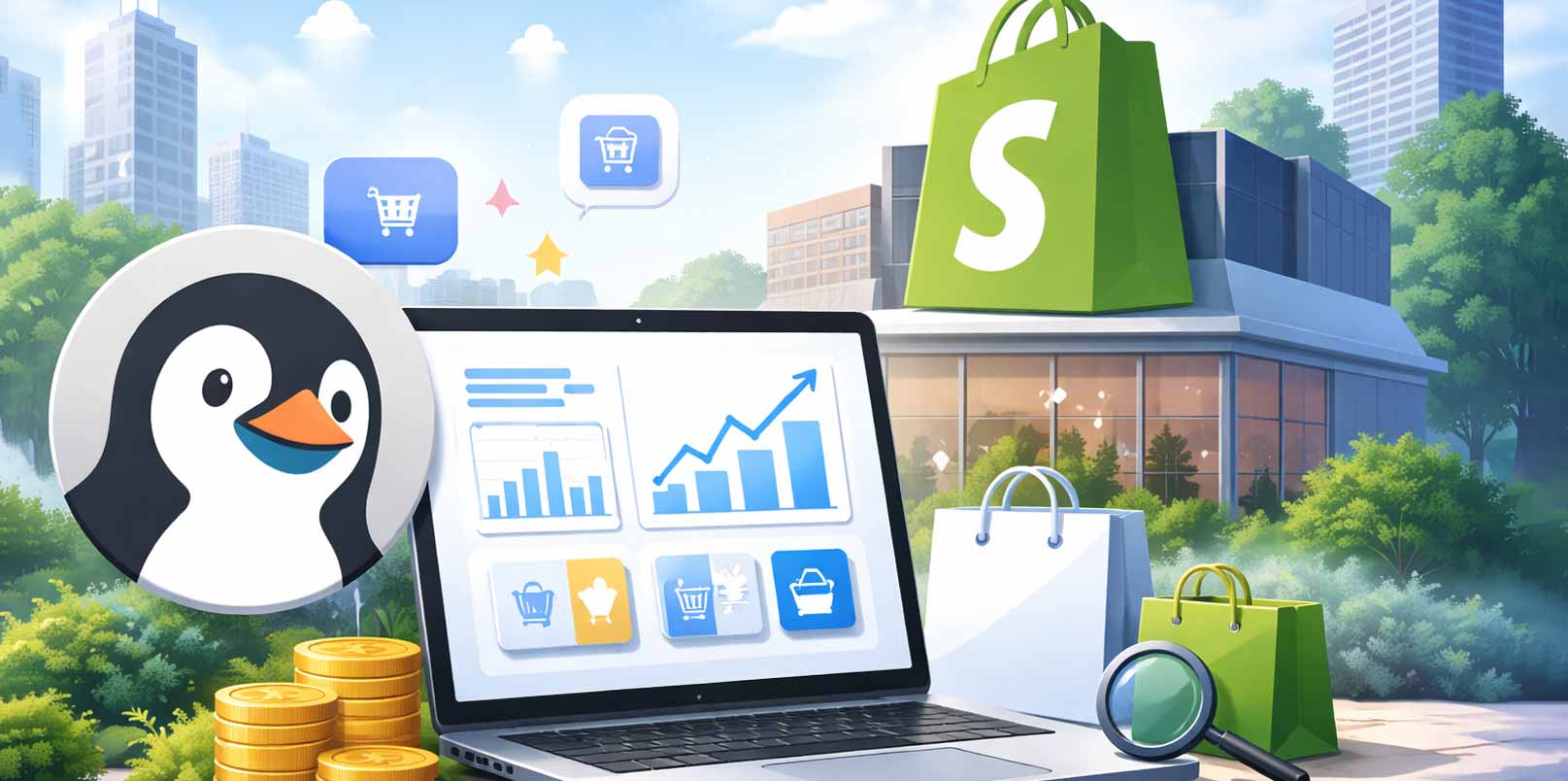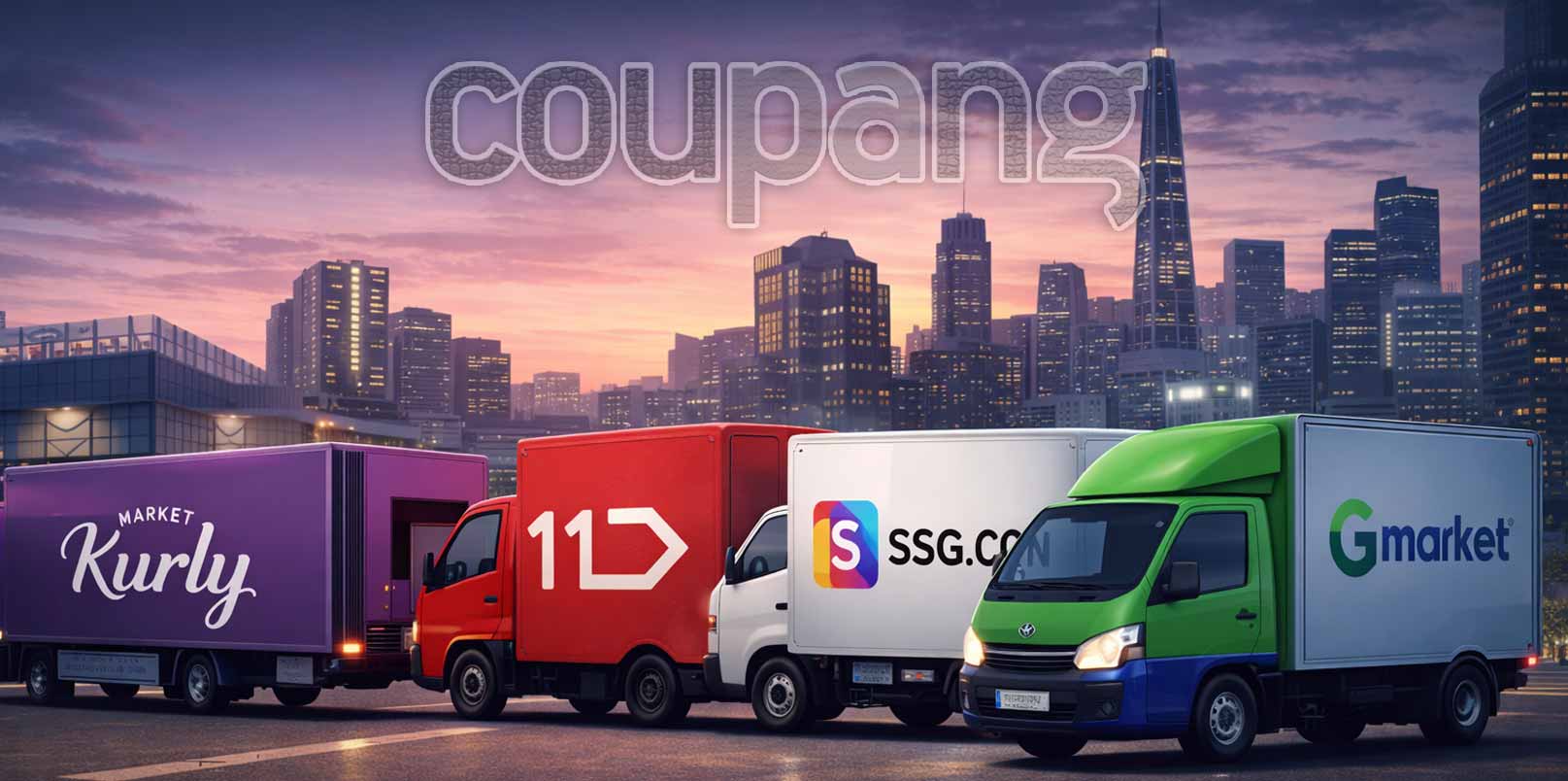Despite signs of economic downturns caused by COVID-19, Vietnam’s wholesale and retail markets are always hot and ripe for disruption. Still, the sector is highly fragmented and lagging behind almost all other Asian countries, with small, micro-businesses dominating the industry. No one would even ask, who can be ready to be upfront, organize the entire supply for retailers, and disrupt the wholesale distribution chain?
Vietnam’s wholesale market: Behind the curtain
Despite its swift pace of growth, Vietnam’s wholesale landscape is hugely fragmented, traditional, and mostly untouched by technology. Direct procurement from suppliers and wholesalers remains the dominant sales channel, most of which rely on long-term relationships amongst parties involved. What’s more, as wholesale is all about dealing with large volumes of products, it usually takes 3-5 business days to process and deliver wholesale orders.
Yet, products aren’t cataloged in one place, and retailers need to contact a dozen suppliers to negotiate for each purchase. Thus, those who are new to the game will lack access and negotiating power to get favorable prices.
Moreover, the country’s wholesale market has a long supply chain with a multitude of intermediaries and go-betweens driving up prices. Sellers tend to manipulate prices so different buyers would get different rates, and again, it all comes down to negotiating power to gain a good deal. For example, customers making big purchases could ask for bulk discounts, but that isn’t always the case for micro-businesses.
With the advancements in technology, B2B wholesale customers expect the level of service they get as individual B2C consumers. This is further leaving the scope for e-commerce players to jump into and disrupt the wholesale supply chain. Especially in the uncertain times of coronavirus, when shopping behaviors have rapidly shifted online, more and more retailers are now flocking to e-commerce instead of physical brick-and-mortar stores.

Seize opportunities in wholesale E-commerce
Loship, a Vietnam-based startup in fields of delivery and hyperlocal e-commerce, has set their sights firmly on growing their slice of the wholesale pie. With its so-called Lo-supply service, Loship has integrated itself into the wholesale distribution chain at the raw materials stage, bringing goods from manufacturers all the way to restaurants and stores and bypassing intermediaries. For now, Loship is amongst the front-line companies spearheading this service, given that no other player has made a foray into the market.
Lo-supply focuses on solving the needs of Loship’s merchant-partners to purchase packaging products and ingredients in small volumes at the wholesale prices. As the food delivery market is exponentially on the rise, the number of retailers participating in online delivery platforms is increasing, which engenders the surge in food packaging and ingredients procurement. With a broad base of more than 190,000 merchant-partners, Lo-supply’s growth prospects appear abundant.
Since its launch in late 2019, the platform has cooperated with over 50 manufacturers, providing more or less 100 product categories, including plastic cups, spoons, chopsticks, foam boxes, and many others. By importing directly from manufacturers and cutting all middle layers, Lo-supply brings the best prices in the market to the table. Small merchants are guaranteed to procure supplies in low volumes and still receive good deals. Also, unlike other traditional suppliers that offer next-day or multi-day deliveries, Lo-supply promises one-hour delivery thanks to its massive fleet of 50,000 drivers. If they decide to go more international and deliver to other areas of Europe, they may want to think about using the services of plexusfreight.com and get the necessary help from there.
“Operating in the food delivery industry, we understand the difficulty of the retailers in having to manage separate supplies, as well as worry about not having a good deal for small-volume purchases. By developing Lo-supply, we aspire to leverage technology and our delivery fleet to make the lives of retailers easier, providing better pricing and delivery choices. Doing this, we can further create a win-win scenario that profits both retailers and our own,” Founder & CEO Loship, Trung Hoang Nguyen shared.
Some international players operating in the B2B e-commerce sector are India’s Udaan or Indonesia’s Ralali, to name a few. However, they’re more of B2B marketplaces that bring together all stakeholders onto a centralized platform – be it the wholesalers, distributors, suppliers, and retailers. On the flip side, Vietnam’s Loship has an entirely different strategic approach as it brings together every link of the material supply chain to a single point. Lo-supply will be the focal point to distribute goods for the entire merchant system on Loship through its self-built warehouses and fleet of drivers. This business model requires more than an online marketplace, but also a warehouse and transportation network with sufficient density to support the distribution and order fulfillment needs.
“We don’t think this wholesale business model can be deployed by other players anytime soon, as they need time to build ground logistics networks of transportation and warehousing. This isn’t going to happen overnight,” Nguyen added.

What lies ahead for Lo-supply
Lo-supply, indeed, is a bold yet strategic move of Loship towards the goal of attaining profitability. In 2019, Lo-supply accounted for 30% of net profit for Loship, and its sales volume is increasing by 100% month-on-month. The platform is now in the service of over 1,000 merchants in Ho Chi Minh City alone, with thousands more coming on board shortly.
Lo-supply is on the lookout for beefing up its logistics network and warehouse capacity in several parts of the country, ensuring one-hour delivery is available not only in large cities but also small and midsize ones. Besides, the platform pledges to broaden its product lines to give its merchant-partners a greater variety of choices. Taking this a step further, Lo-supply is the driving force of Loship’s business growth, and from that start, profitability looks set to follow.
“Yet, don’t get us wrong. We’re not B2B. We’re a B2C & C2C platform with a customer-focused approach. All we want is to make our merchants feel less burdened when it comes to sourcing for ingredients and raw materials,” CEO Loship emphasized the Lo-supply’s vision.
All in all, Vietnam’s wholesale distribution sector is a thriving market that few e-commerce businesses have ever exploited. Early adopters in the scene can yield significant advantages and dominate the landscape for years to come.
Foraying to grow their slice of the wholesale pie, Loship is definitely on track to be bigger, and potentially Vietnam’s answer to other foreign rivals.





